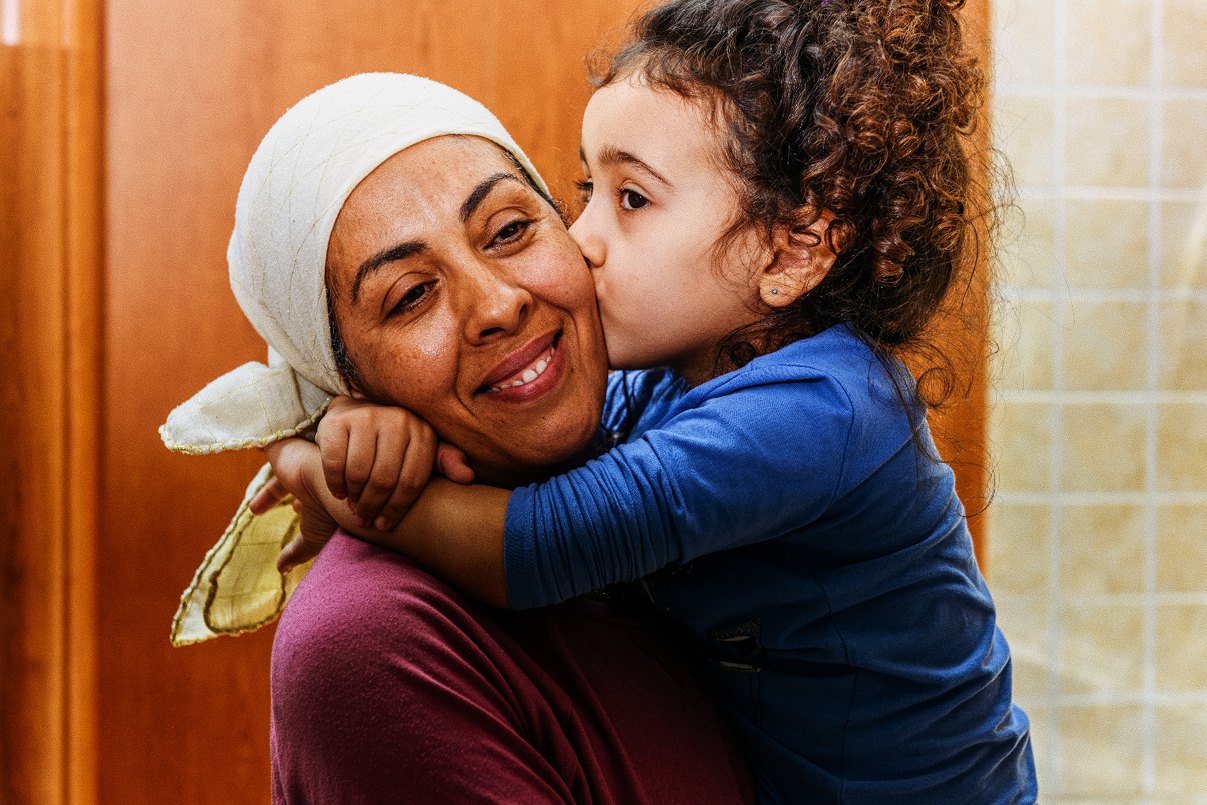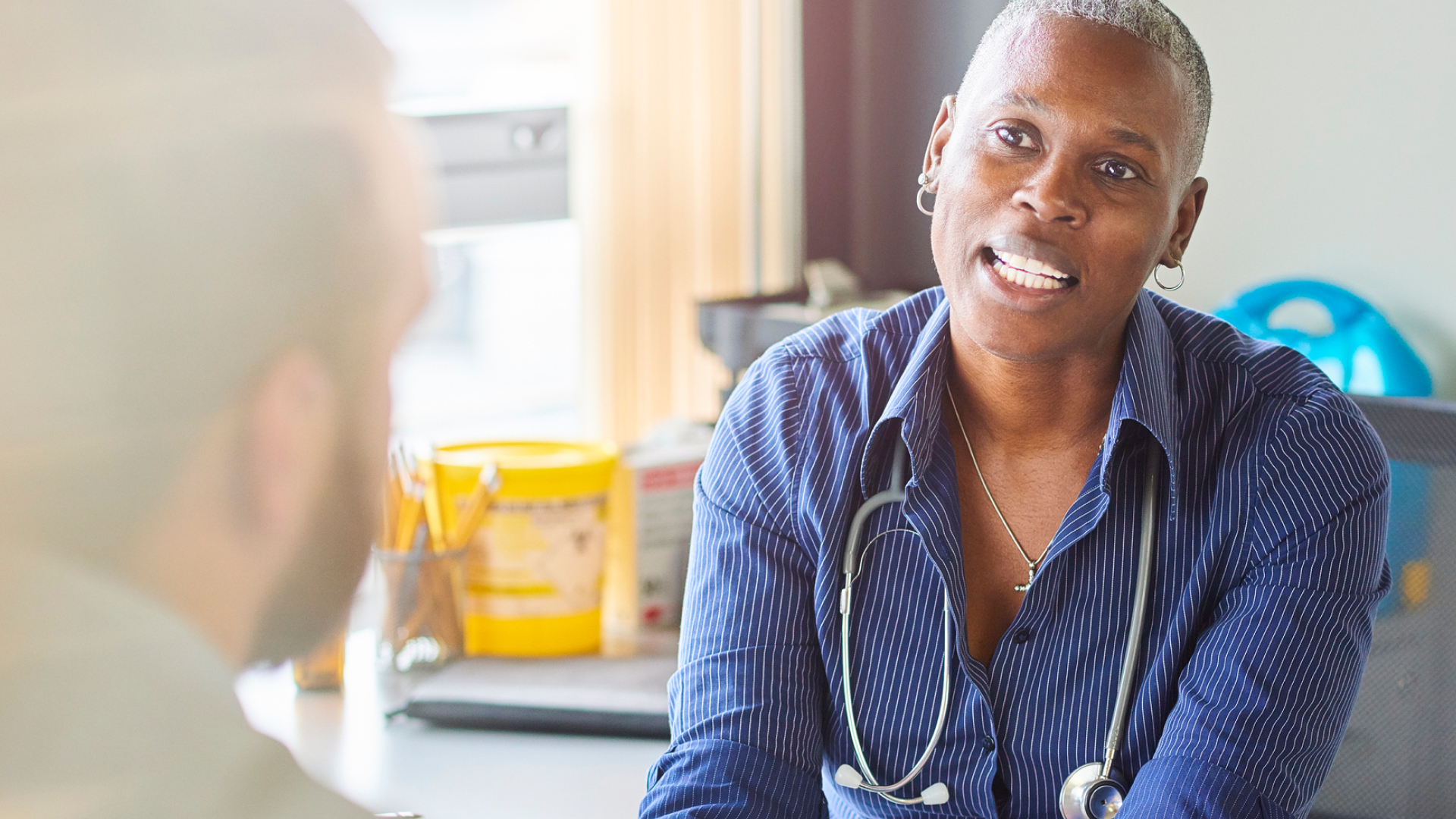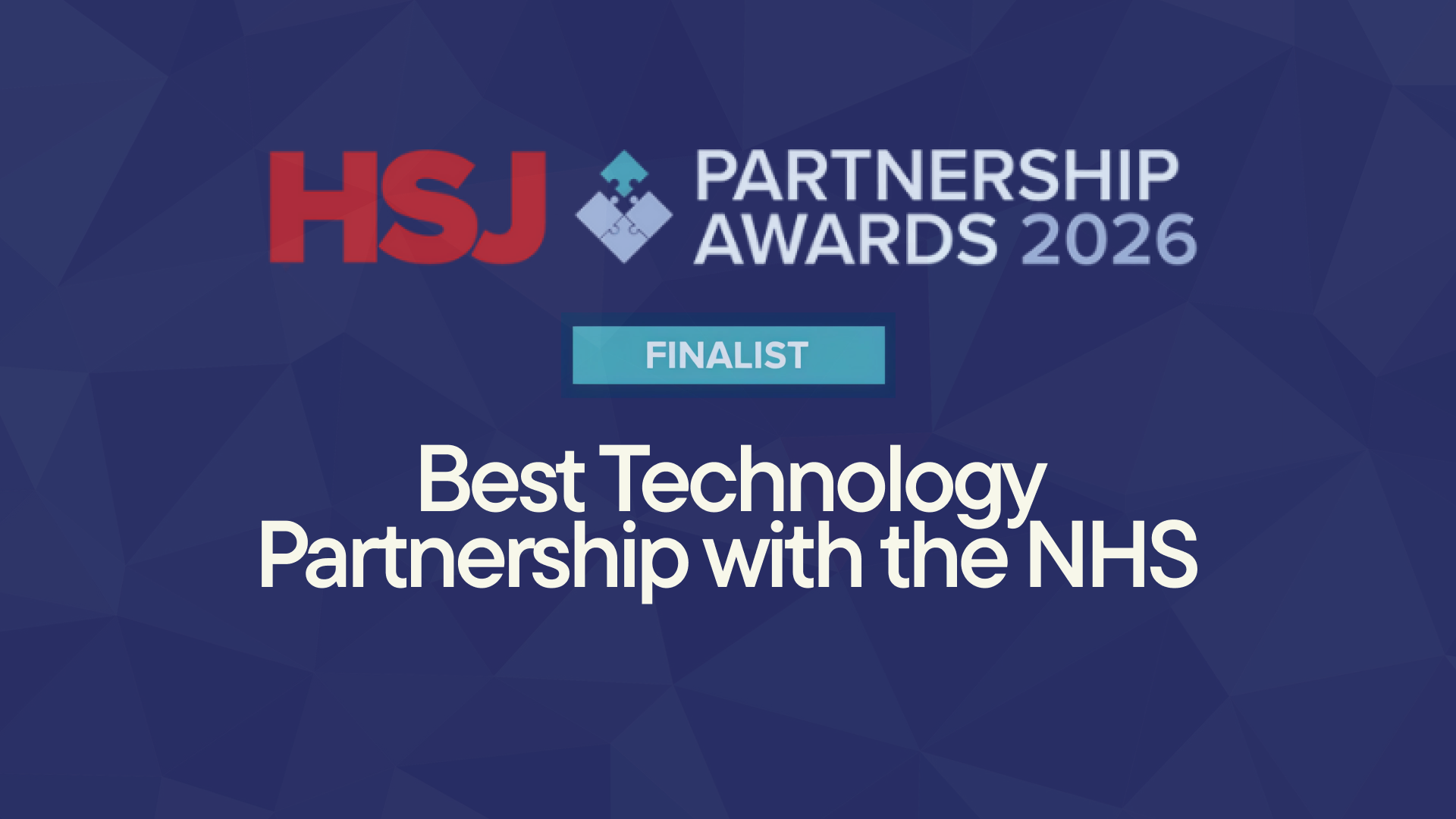A new study presented at the ASCO Care Quality Symposium 2025 and published in the Journal of Clinical Oncology (JCO Oncology Practice) has shown that C the Signs, an artificial intelligence (AI) platform supporting earlier cancer diagnosis, has delivered an 808% return on investment (ROI) for the NHS.
Commissioned by Health Innovation East, the independent evaluation found that implementation of C the Signs across Suffolk and North East Essex Integrated Care Board (ICB) was associated with 272 patients being diagnosed earlier and £1.5 million in annual cost savings - demonstrating how AI can help improve patient outcomes and optimise NHS resources.
By helping GPs identify patients at risk of cancer sooner and reduce unnecessary urgent suspected cancer (USC) referrals, the platform has also eased system pressures and released valuable clinical capacity across the region.
“This study provides clear evidence that AI can make a measurable impact on cancer care,” saidDr Miles Payling, Chief Scientific Officer at C the Signs. He went on to say:
"An 800% return on investment means we’re improving early diagnosis and helping the NHS use its resources more efficiently. It’s a practical example of innovation making care better for both patients and clinicians.”
The study builds on earlier research, also published in JCO Oncology Practice and presented at ASCO, which found that GP practices using C the Signs achieved a 12% increase in cancer detection rates - from 58.7% to 66.0% - without increasing referral activity.

Together, these studies show that C the Signs helps detect more cancers at an earlier stage while maintaining stable referral volumes - supporting NHS priorities around early diagnosis, productivity, and elective recovery.
“Early diagnosis gives patients the best chance of successful treatment,” said Dr Seema Dadhania, Clinical Oncologist at Imperial College London and author of the study. Dr Dadhania further stated:
“C the Signs is helping primary care clinicians identify those subtle cancer presentations that can otherwise be missed - improving detection while reducing unnecessary referrals. It’s a model for sustainable early diagnosis.”
Scaling Across the East of England
Following the success in Suffolk and North East Essex, Health Innovation East has supported the expansion of C the Signs across Norfolk and Waveney ICB, with further rollouts planned across the East of England.
Piers Ricketts, Chief Executive at Health Innovation East said:
“This work is a strong example of technology delivering measurable benefit. C the Signs has shown that AI can help clinicians find cancer earlier.
He continued: "This is of obvious benefits to patients whilst also easing the pressure on NHS services, in particular on primary care. The results from Suffolk and North East Essex are a real success story for innovation in the NHS and show how the service can progress towards its goal of increasing early detection rates from 50% to 75% by 2028.”
Dr Peter Holloway, GP Partner at Mendlesham Practice, Cancer Lead for Suffolk and North East Essex ICB, Chair of the Primary Care Group for the East of England Cancer Alliance, and Cancer Research UK GP for the East of England said:
“The NHS has set an ambitious target to achieve 75 percent early stage cancer diagnoses by 2028. To reach this, we must strengthen primary care’s ability to recognise early symptoms of cancer and ensure timely investigation and referral. C the Signs – a clinical decision support system integrated seamlessly within GP IT systems – helps deliver on these objectives.
Shedding further light on the impact, Dr Holloway said: "Research has shown a 12 percent increase in cancer detection rates in Ipswich and East Suffolk following its implementation. Moreover, it demonstrates a strong return on investment: by ensuring patients are quickly directed to the right pathway, the system effectively pays for itself and reinforces the value of a digital first approach.”









.png)